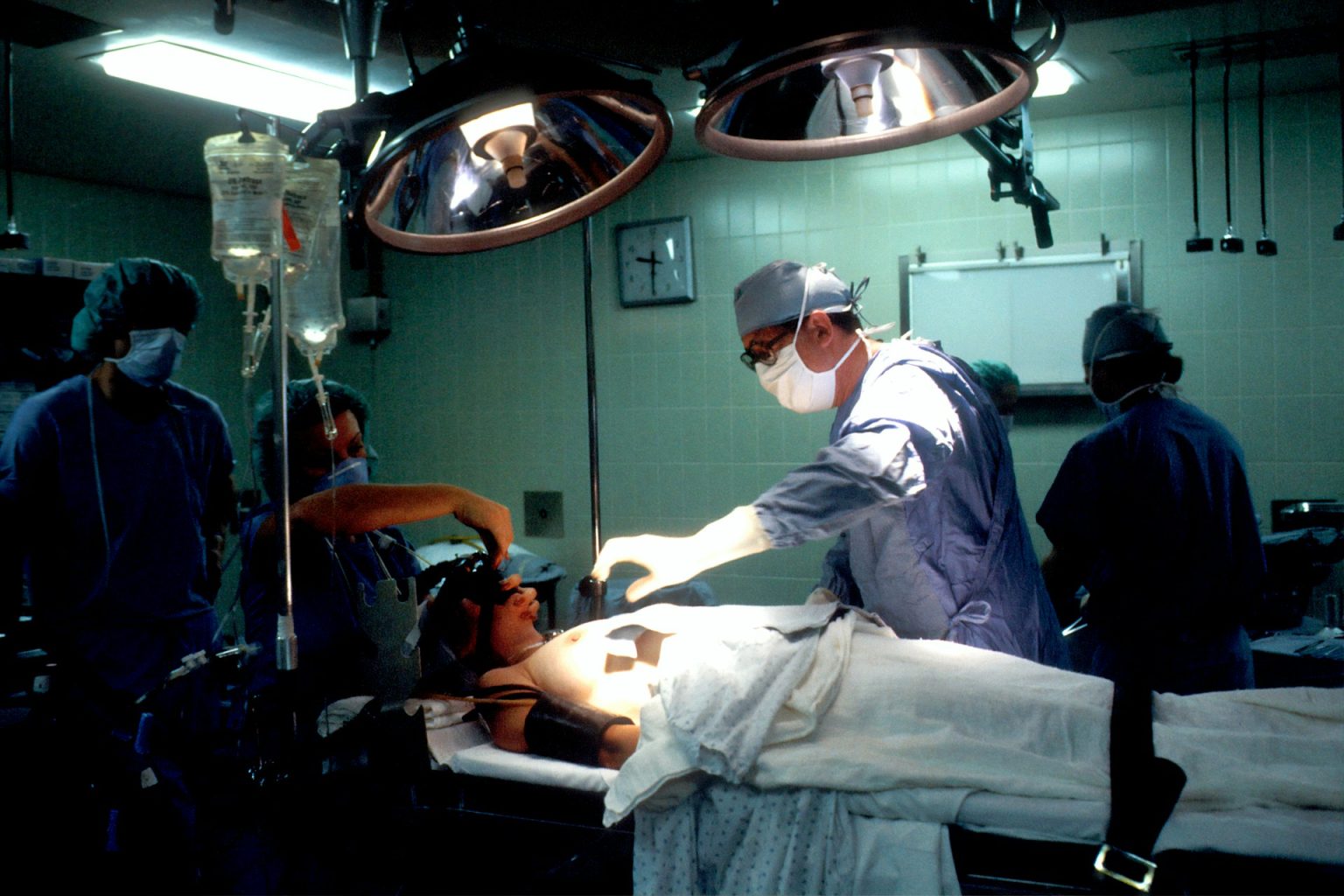In acute care settings such as emergency departments (EDs) and intensive care units (ICUs), the ability to respond swiftly and effectively to life-threatening situations is paramount. Healthcare professionals working in these environments are often the first line of defence for patients experiencing severe medical crises, including cardiac arrest, respiratory failure, and severe trauma. Advanced Life Support (ALS) training equips doctors, paramedics, and nurses with the critical skills and knowledge to handle these emergencies effectively, helping to save lives and improve patient outcomes.
What is Advanced Life Support (ALS)?
Advanced Life Support involves life-saving procedures and interventions that healthcare professionals perform to manage patients experiencing life-threatening medical emergencies. ALS training is more advanced than basic first aid or cardiopulmonary resuscitation (CPR), and it focuses on a wide range of interventions, such as advanced airway management, defibrillation, drug administration, and post-resuscitation care. It is essential for professionals working in environments where patients are at high risk of sudden cardiac arrest, stroke, respiratory failure, and other critical conditions.
Enhancing Patient Outcomes Through Timely Intervention
The speed and quality of intervention in acute care settings can significantly impact patient survival rates and recovery outcomes. Research has shown that prompt and effective use of ALS techniques dramatically improves a patient’s chances of survival after cardiac arrest. In cases of sudden cardiac arrest, early defibrillation and high-quality CPR are vital in preserving brain function and increasing the likelihood of survival. ALS training enables healthcare professionals to respond to such emergencies confidently and competently, ensuring that every action is taken at the right time.
ALS training includes recognising the signs and symptoms of life-threatening conditions and knowing when and how to intervene. Managing a patient in shock requires knowledge of fluid resuscitation and drug administration to stabilise blood pressure, while working on a patient in cardiac arrest requires timely defibrillation and CPR techniques. With ALS training, healthcare professionals can intervene swiftly and efficiently, maximising the chances of a successful outcome.
Advanced Skills for Complex Emergencies
Acute care settings often deal with highly complex and rapidly changing medical situations that demand advanced skills. ALS training prepares healthcare professionals to simultaneously manage complex cases involving multiple organ systems or conditions. For example, managing a patient with a heart attack and subsequent arrhythmia requires advanced skills in both recognising and treating abnormal heart rhythms. In such cases, ALS-trained professionals can rapidly assess the situation, apply the necessary interventions, and adapt to changes in the patient’s condition.
In addition to handling medical emergencies, ALS training covers other critical care skills. These include inserting advanced airways, administering specific medications for resuscitation, and monitoring vital signs in high-stress environments. Performing these procedures safely and effectively in the ED or ICU is crucial to providing the best possible care.
Collaborative Care and Teamwork in Acute Settings
ALS training also plays a crucial role in fostering teamwork and collaboration among healthcare professionals in acute care settings. Emergencies often require a coordinated approach, with doctors, paramedics, nurses, and other healthcare professionals working together seamlessly to provide life-saving interventions. ALS courses place a significant emphasis on communication, decision-making, and collaborative care, ensuring that all healthcare team members are aligned and working towards the same goal.
Effective communication during a medical emergency can be the difference between life and death. By learning the protocols for managing acute crises, ALS-trained professionals are better equipped to provide clear instructions, share critical information, and maintain a sense of calm and control in high-pressure situations. This ensures that each intervention step is carried out precisely, reducing the likelihood of errors and improving overall patient outcomes.
The Role of ALS in Continuing Education for Healthcare Professionals
Continuous learning and skill development are essential for healthcare professionals. Medical knowledge and techniques constantly evolve, and staying up-to-date with the latest ALS protocols is crucial. ALS training provides healthcare professionals with the tools they need to handle emergencies and keeps them current with the latest guidelines and best practices in critical care.
The training is typically offered through accredited courses, which are regularly updated to reflect advances in medical research and technology. This ensures that doctors, paramedics, and nurses are always equipped with the most effective techniques and interventions for managing life-threatening situations.
Saving Lives and Improving Recovery
Advanced Life Support training aims to save lives and improve the quality of recovery for patients experiencing acute medical emergencies. The ability to recognise life-threatening conditions, intervene quickly, and provide ongoing support in the aftermath of a medical crisis can drastically improve patient outcomes. For healthcare professionals in acute care units, ALS training is not just an essential skill; it’s a critical part of their professional responsibility to provide the best care possible.
By ensuring that all healthcare providers in emergency departments and intensive care units are trained in ALS, hospitals and medical facilities are better prepared to handle the most challenging and high-stakes situations. As a result, patients receive the highest standard of care during some of the most critical moments of their lives, improving both survival rates and the long-term quality of recovery.

